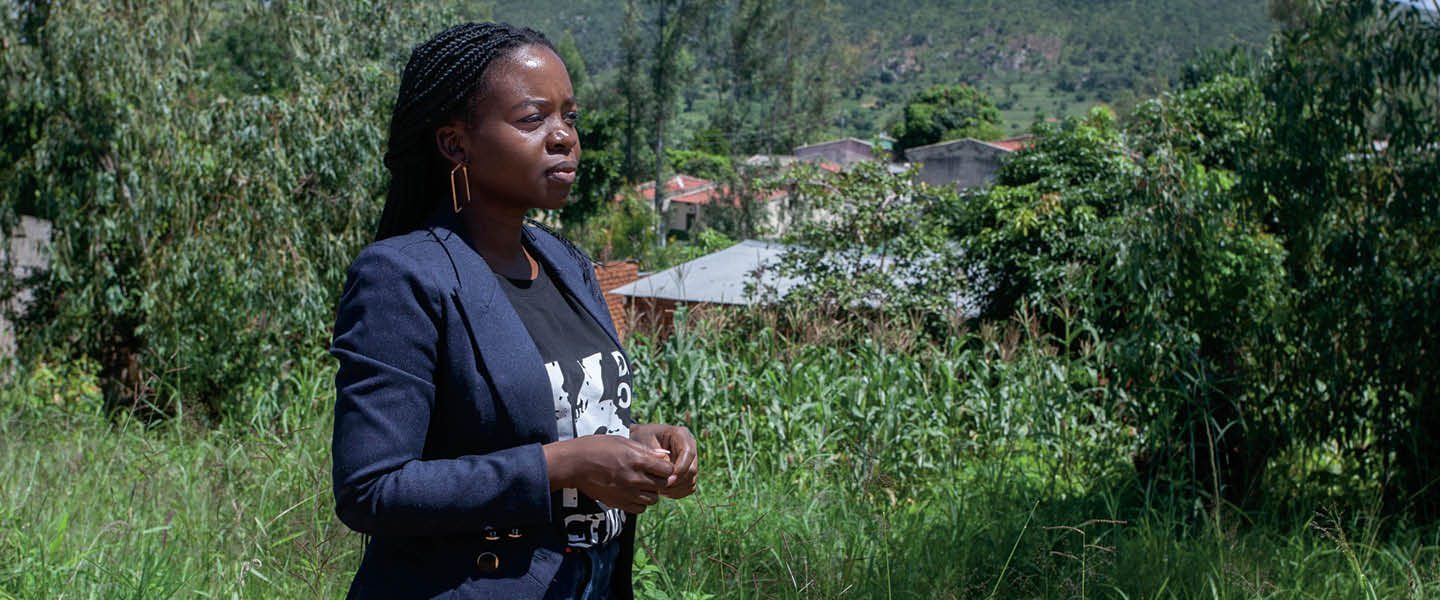Jim McMahon
When they were children, Memory Banda and her younger sister were inseparable. A year apart in age, they were often mistaken for twins. They shared clothes and shoes, and many of the same dreams and aspirations.
Then, one afternoon in 2009, that close relationship shattered when Banda’s sister, at age 11, was forced to wed a man in his 30s who had gotten her pregnant.
“She became a different person,” Banda recalls. “We never played together anymore because she was now ‘older’ than me. I felt like I lost my best friend.”
The pregnancy and forced marriage happened soon after Banda’s sister returned from a so-called initiation camp.
Memory Banda and her younger sister were inseparable growing up. They were a year a part in age. People often thought they were twins. They shared clothes and shoes. They also shared many of the same dreams and aspirations.
One afternoon in 2009, their close relationship was shattered. Banda’s sister, at age 11, was forced to marry a man in his 30s because she was pregnant.
“She became a different person,” Banda recalls. “We never played together anymore because she was now ‘older’ than me. I felt like I lost my best friend.”
The pregnancy and forced marriage happened soon after Banda’s sister returned from a so-called initiation camp.

